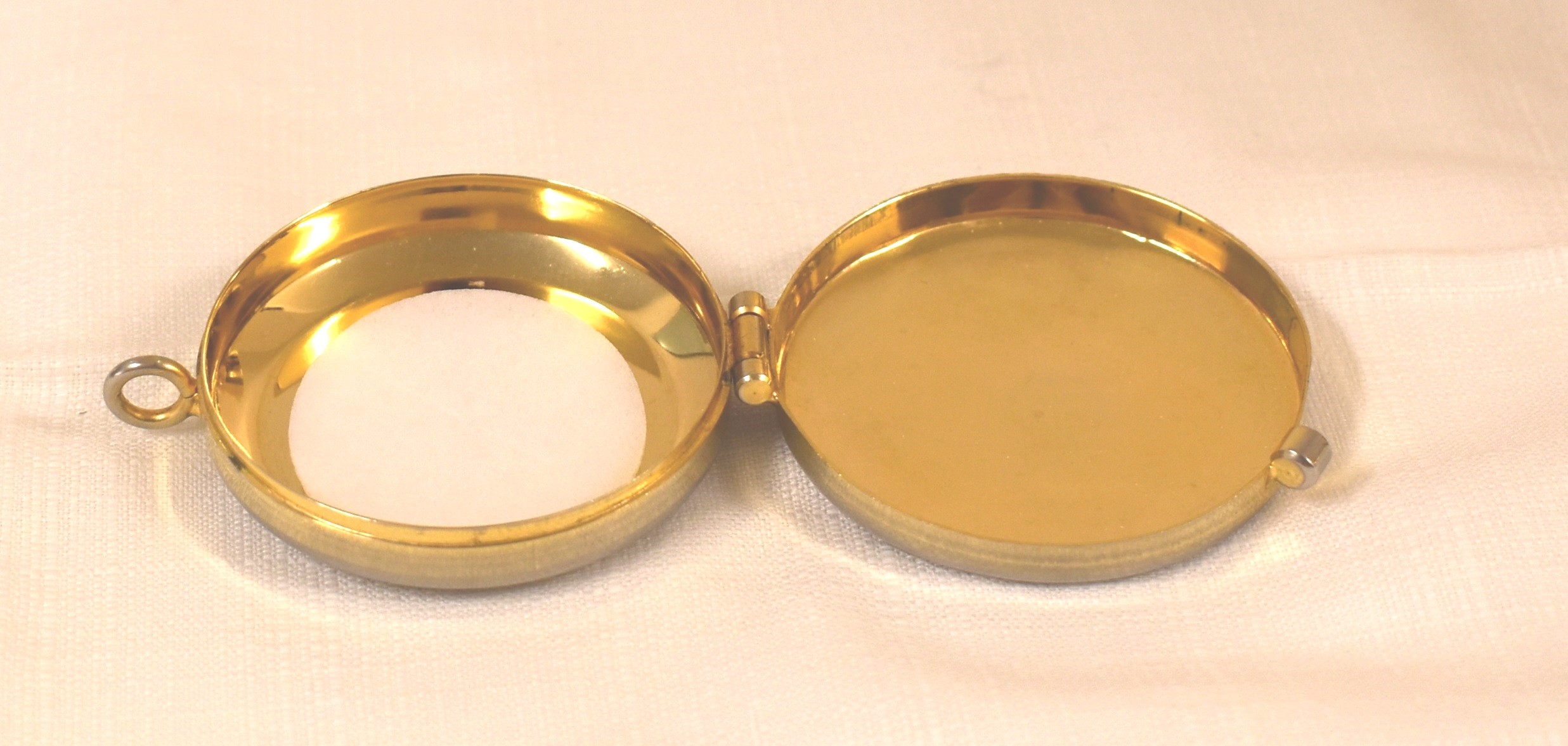Communion of the Sick
National Liturgical Council

The importance of bringing Communion to the sick cannot be overlooked. The reception of communion ‘is not only a privilege, but also a sign of support and concern’ by the community for its absent members. (Pastoral Care of the Sick 73)
The Eucharistic Community
The Pastoral Care of the Sick notes that: ‘the faithful who are ill are deprived of their rightful and accustomed place in the Eucharistic community’. (PCS 73)
The sick have the right and the need to be united with that community – above all through the reception of the Eucharist. The minister of Communion ‘represents Christ and manifests faith and charity on behalf of the whole community’. (PCS 73)
Thus the ministers, in a sense, represent the wider church as they leave the assembly with the Eucharist. Ministers take the Eucharist in the name of the whole community.
Obviously the prime time for taking Communion is from the Sunday assembly who pray for the sick in the intercessions. The community are reminded of their sick sisters and brothers when ministers are dismissed taking the love and prayer of the community with them. This dismissal calls the community to reflect on the mystery of sickness, the union of the sick with Christ in His suffering. (PCS 73)
This symbol of unity between the community and its sick members has the deepest significance on the Lord’s Day, the special day of the Eucharistic assembly. (PCS 73)
The Eucharistic Celebration
Priests are to ‘see to it that the sick or aged are given every opportunity to receive the Eucharist frequently, even daily’. (PCS 72)
Obviously this cannot be done alone by the priest which means that the community needs sufficient ministers to see that the needs of the sick are not neglected.
If the sick are able, they may help to plan the celebration by choosing readings and prayers. While the celebration should enrich our understanding ‘of the mystery of human suffering in relation to the paschal mystery of Christ’ it should also be joyful. (PCS 72, 74)
If possible a small table should be prepared. Lighted candles welcome the presence of Christ in the Blessed Sacrament, which is placed on a linen cloth. Sometimes a person may be unable to receive Communion under the form of bread.
In these cases the Precious Blood may be taken to the sick. In these instances the church requires an appropriate and secure vessel ‘which is closed in such a way as to eliminate all danger of spilling’. (PCS 74)
The minister is responsible for consuming any remains and carefully purifying the vessel.
Nursing Homes & Hospitals
Parish communities are often responsible for people in nursing homes in their area. Ministers are encouraged, where possible, to gather residents in one space and celebrate the rite in a richer way. In this instance there is a possibility of using music to enhance the worship and bring comfort to the aged.
People in hospital also have the need of Holy Communion. Usually this is under the auspices of the hospital chaplain. Carers sometimes need to contact the chaplain to ensure the family member is included in this.
While the priest should provide leadership in the care of the sick, the whole community is constantly called to share in this ‘ministry of comfort’.
‘In receiving the body and blood of Christ, the sick are united sacramentally to the Lord and are reunited with the Eucharistic community from which illness has separated them.’ (PCS 51)
This article was originally published in ‘Healing Ministry’. © Diocese of Parramatta. 2001, 2007. Reprinted with permission.
